Try to imagine a world where translators and interpreters never even existed. We can’t either. It suffices to say that our world would look very different compared to what we are living in right now. Many happenings in human history, including all the good and bad, were either directly or indirectly influenced by language exchange.
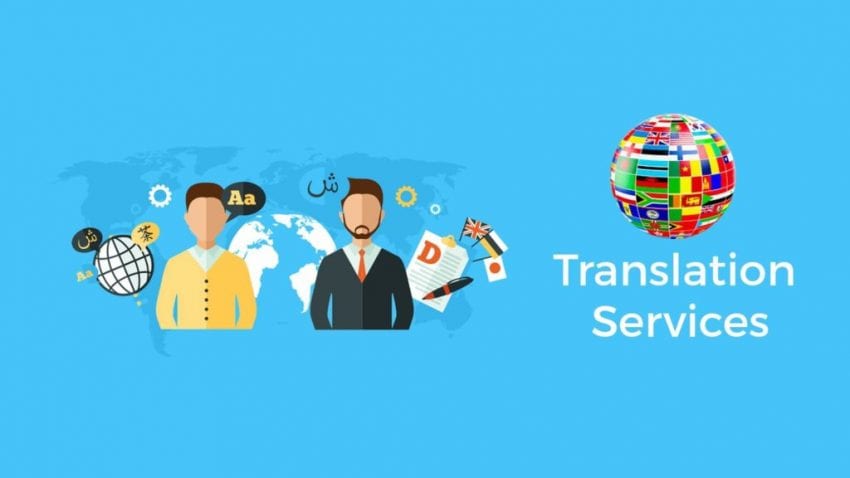
Ofer Tirosh, CEO of Tomedes, a professional language services company, thinks of translation as part of human nature; “Breaking language barriers have always been part of human nature in our desire to connect and to convey meaning to others. You can look at human history as full of trials and errors of different cultures and societies trying to agree with each other—with some instances leading to less peaceful outcomes than others.”
With this article, you’ll understand the importance of language and how it shaped our history. People tend to discuss the role of guns and disease. This time, we’ll be talking about how cross-linguistic communication affected human history as we know it. This article will also help you understand the role of translation service providers in spurring globalization and its service to a variety of modern industries.
The Historical Importance of Translation
As it is still true today as it was during ancient times, translators and interpreters are one of those underrated agents that helped spur ancient globalization. From Ancient China’s Silk Road to the Columbian Exchange, they allowed ancient commerce to prosper, fostered interactions between ancient cultures, and deepened the exchange of scientific and theoretical ideas.
As a matter of fact, translation was even a direct catalyst for crucial historical events. A quintessential example, one that changed Western history forever, was in 1534. Martin Luther, a German priest and theologian, translated and published the Latin Bible into common German to spread the Bible’s teachings to the masses.
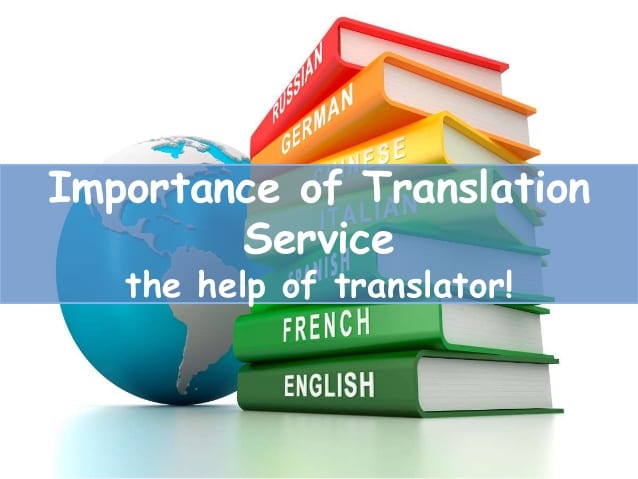
By doing so, Luther challenged the political and religious authority of the Roman Catholic Church. This led to the Protestant Reformation and a century later, the 30 Years War that ravaged Europe during the 17th century. The war then led to the Peace of Westphalia, an event that shaped Europe and international diplomacy to what we are familiar with today.
Another notable example is the founding of the Rosetta Stone. Discovered in 1799 in Egypt, the Rosetta Stone is a slab with ancient Egyptian hieroglyphics and its translated Greek text carved on it. Translating the Rosetta Stone was considered a major breakthrough for Egyptology, ancient Greek studies, and translation studies.
Since time immemorial, translators and interpreters has been involved with every aspect of cross-boundary interactions. In diplomacy, translation is as critical of an area today as it was before. The fate between two or more nations depended on the diplomatic prowess and language skills, and cultural understanding of their representatives during negotiations.
From diplomacy, religion, commerce, education, and entertainment, as long as societies keep desiring to connect and to form relations with other societies, human civilization could never be rid of translators and interpreters. This significant notion brings us to the next section.
Human Civilization without Translation

World History Would Be Entirely Different
A world without language exchange is one of the biggest ‘what ifs’ in alternative history. What if Martin Luther didn’t translate the Latin Bible into German? Would it have prevented the Protestant Reformation and the 30 Years War? Would European civilization be the same without the Peace of Westphalia?
When studying history, one can find that language is intrinsically linked to power projection and control. The act of circulating dogmatic texts in certain languages allowed historical institutions to extend their sphere of influence and to command political and ideological authority—a notion that Martin Luther wasn’t exactly happy with.
It won’t be surprising that you can actually write a book or even a series off of a singular historical event if translation was omitted. The long and short of it is that immeasurable developments and historical events in mankind were made possible through cross-linguistic communication and interpretation—be it beneficial or disastrous.
You can even say that human civilization would be less developed since we couldn’t interact as efficiently and meaningfully. Little to no communication would mean no exchange of ideas and little to no innovation. It would also lead to less cooperation between societies and eventually, perpetual disagreements and conflicts—more than what we experienced.
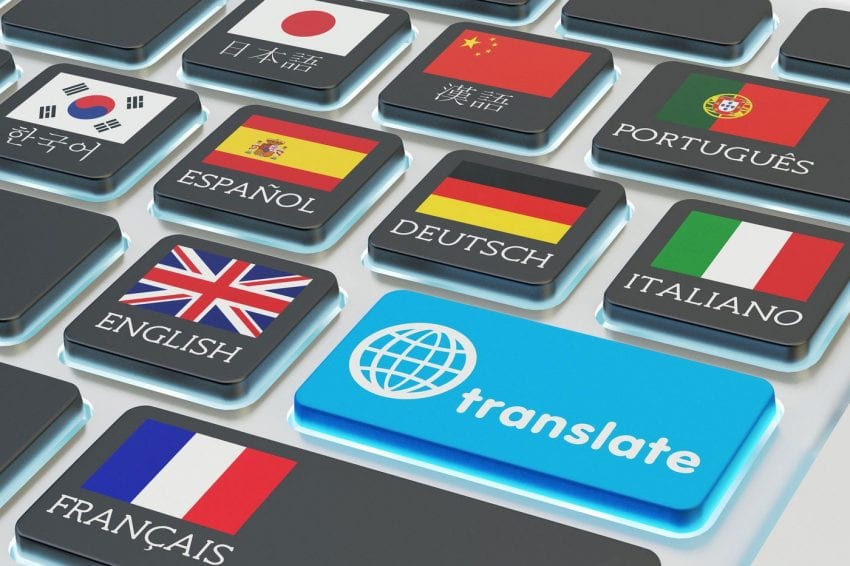
Fewer Surviving Historical Records
Without translation, our available catalogue of historical records would be very minimal as plenty of our historical texts were able to survive the chaos of human history due to the efforts of ancient scholars.
Governmental, religious, and academic institutions made it a priority to archive and translate their scholarly works so that their presence in history would not be forgotten and would be remembered to a variety of cultures and societies as time passed.
A good example is the preservation of the works of Herodotus, the ancient Greek historian. He is also regarded as the father of history due to his pioneering methods in historiography. Without the translated works of Herodotus, we would have very little understanding of ancient Greek history.
Less Variety in Commodities

Since cross-linguistic communication is also about bridging economic boundaries, a world without it would have resulted in civilizations with considerably less variety in commodities. Simply put, prosperous trade relations probably would not have existed.
Part of the reason why these trade routes could exist and thrive in the first place was due to meaningful interactions between trading partners. It simply won’t make for good business if trading partners couldn’t understand each other.
Less Cultural Diversity
Modern and ancient societies that we know are a result of diverse cultures mixing together. For example, ancient Rome was a truly cosmopolitan empire and its military was highly diverse. Races from all corners of the Roman empire from Iberia (Modern Spain), Gaul (Modern France), to Egypt, and Constantinople (Modern Ankara, Turkey) served as Roman soldiers.
Would it even be possible to manage an empire as large and diverse as the Roman empire without translators and interpreters? Going back to the present day, would our world’s countries and population be as diverse as it is now if we didn’t try to break language barriers? Take a look at this article from Opptrends that lists out the most spoken languages in America.
Less Linguistic Evolution
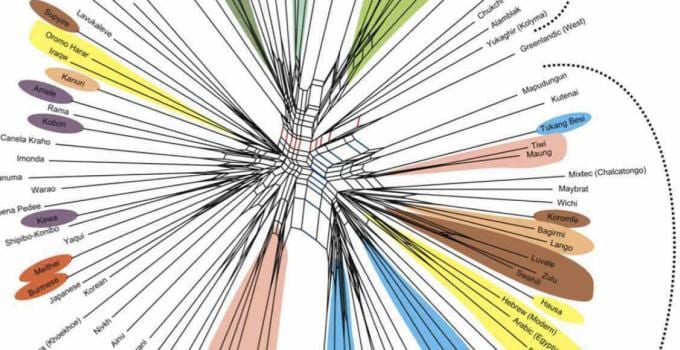
Languages are a product of hundreds to thousands of years of human history. For example, ancient Latin sprouted into the contemporary romance language family, giving birth to Italian, Spanish, French, and other romance languages.
Each language’s prescriptive rules and vocabulary have also been shaped by the collective history of their speakers. Languages are always evolving. A world without linguistic exchange will lead to completely different languages—ones that sound nothing like what we speak today.
The Contemporary Translation Services Industry
In a globalized world, language services are needed more than ever. Its application to society remains unchanged, particularly in the fields of international commerce, business, diplomacy, entertainment, academic, and other mainstream industries.
However, the development of newer industries means more opportunities for language services. These include healthcare, finance, military, and even the IT industry. Rather than looking at it as a provider-client relationship, the relation is rather mutual and symbiotic.
With diverse entities of all kinds seeking to expand their global presence, translators and interpreters are one of the many but one of the most effective agents to cut across geographic, linguistic, and cultural barriers.
What to Look For in a Professional Translation Service Provider
If you’re looking to hire a professional translation service provider, then the process is not that much different when you’re comparing between other contractual services. Here is a short but informative list of criteria to keep in mind;
Number of Supported Languages
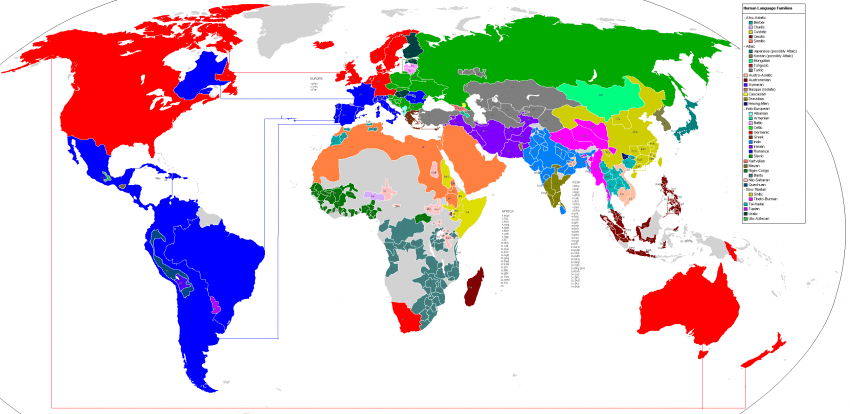
Many companies typically support the major languages namely English, Spanish, Portuguese, German, French, Korean, Japanese, Simplified Chinese, and Traditional Chinese. They work with translators with native-level capabilities to ensure that their clients receive contextually accurate work.
However, if your project needs translators that can work with minority languages such as select Southeast Asian, South Asian, and African languages, then not all companies can offer that level of support. Do some extra digging and find one that can.
Services Offered
They also a variety of niche services under the umbrella of the language services industry; interpretation, legal translation, medical translation, localization (marketing, software, mobile app), and even audio & video transcription services.
Industries Covered
They cater to a multitude of industries; business, marketing, automotive, government, IT, gaming, military, legal, healthcare, and etc. If you find many companies that are able to cater to a variety of industries, how do you know which is the right pick? This moves us to the next criteria.
Track Record & Testimonials
Take a look at the quality and extensiveness of a company’s previous projects. Find out whether or not their previous clients were satisfied with their work. Essentially, you want one that offered impeccable customer care and quality work to its clients.
Affordability
As with hiring any other contractual service, you have to look at the available pricing options. Is choosing the cheapest generally the best way to go? When it comes to quality and contextually accurate outputs, you would want the best that you can afford and not exactly the cheapest you can afford.
Final Takeaway

We hope that this article gave you an idea as to the power of language exchange in influencing mankind’s history not only as a civilization but also as an entire species. Would Homo sapiens have survived without communicating with the same species that are linguistically different?
Survival for our prehistoric ancestors depended on banding together to brave the harsh elements, to successfully hunt & face predators, to share knowledge with each other, and to innovate together. Communication was no less than a crucial survival skill. It allowed early homo sapiens to not only avoid being extinct and but to also become the dominant species on Earth.
We would not exist today if our ancestors did not have the means to break cultural and linguistic boundaries. It can be argued that we would have developed other methods to convey meaning. But are there really other methods more efficient than verbal and written communication? That’s a discussion for another time.









